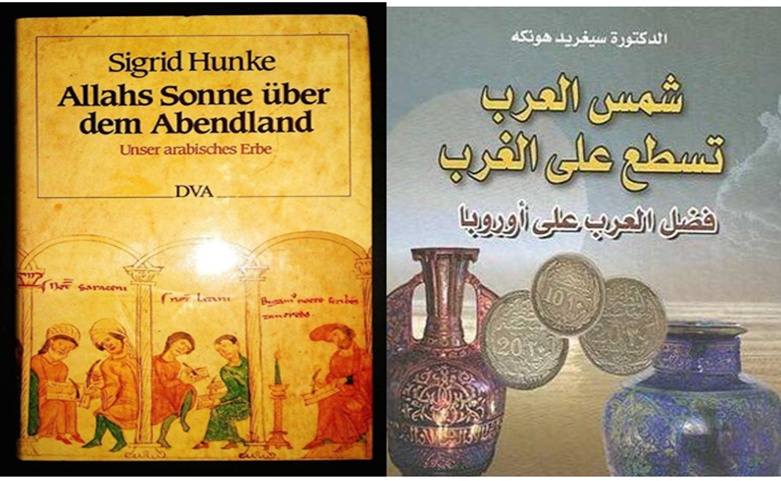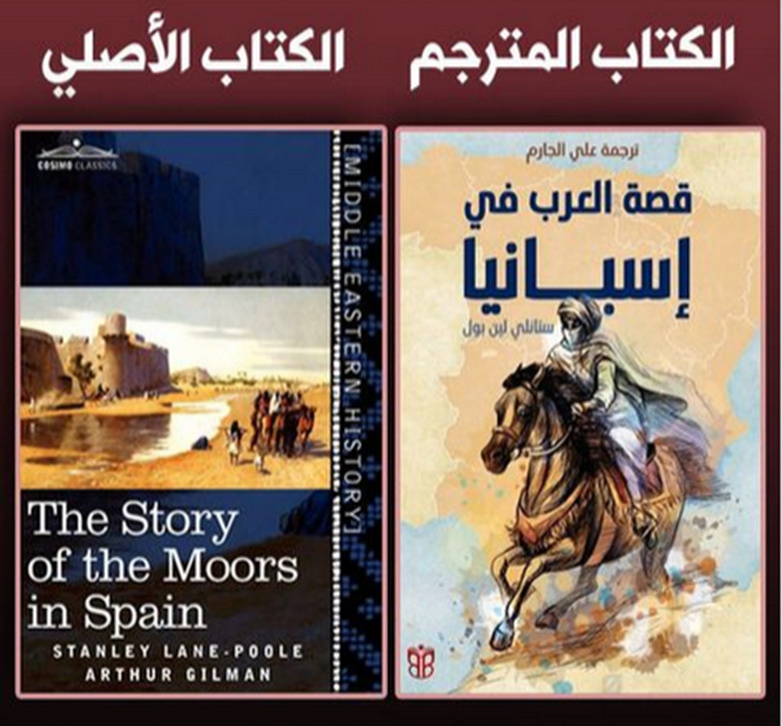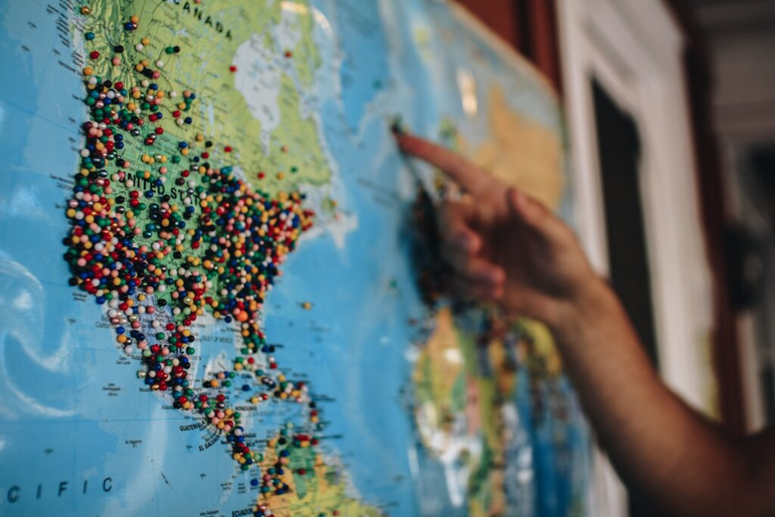The importance of translation in communication between the peoples of the world brought closer by globalization

Translation is a crucial component of our global society. It allows different cultures and languages to communicate, communicate and cooperate with each other. The importance of translation extends across various fields, from business to politics to education. The art of conveying meanings between languages requires an understanding not only of the languages themselves but also the cultural nuances and context behind them.
The importance of translation: the art of effectively transferring meanings between languages
Translation, the art of transferring meaning from one language to another, is an extremely valuable skill in today's global society. With the constant exchange of ideas across borders, it is essential to ensure that these messages are translated accurately without losing their original meaning. From international business to diplomacy, translation plays an important role in bridging language barriers and facilitating communication. Therefore, the importance of translation cannot be overstated, and its importance will continue to grow in the future. But there are those who are taken by the political and ethnic agenda, so the trust and honesty placed on them go to waste, so they translate according to their whims and their imaginary political, ethnic, and even religious ideology. They do not care about objectivity, commitment, honesty, or trust.

Language barriers have always been severe obstacles in global communication. Effective international communication has become more important as a result of the advent of the Internet and the increasing globalization of business. This is where the art of translation comes into play. Intercultural communication is enabled by the ability to translate thoughts and ideas between different languages.
Language is an important aspect of communication for any society. In an increasingly globalized world, the ability to translate accurately becomes more important. Translation is not simply a matter of replacing words in one language with their equivalents in another; It is the art of transferring meanings between languages effectively. The translation process requires not only fluency in both languages, but also a deep understanding of the cultural nuances and contexts that determine the meaning of words and phrases.
In today's globalized world, the ability to effectively convey meanings between languages is becoming an increasingly important skill. With companies and organizations operating on a global scale and people from all over the world communicating with each other every day, the need for accurate and efficient translation has never been higher. Translation is not simply replacing words with their counterparts in another language; It is an art that requires a deep understanding of the cultural nuances and contexts behind language. Effective translation can break down barriers and enhance cross-cultural understanding, making it an essential tool in today's interconnected world.
The Importance of Translation: The Art of Effectively Transferring Meanings Between Languages” nicely outlines the overall theme of your essay. Here is a suggestion of some points you could include in the essay:
Open the article and engage the reader: You can use a proverb or short story to grab the reader's attention and show the importance of translation in our daily lives.
Definition of translation: Define the general concept of translation and explain its importance in enabling communication between different cultures.
Language and Culture Analysis: Explain how language relates to culture and how translation can convey cultural aspects and linguistic expressions specific to each language.
Expanding the cultural scope: Talk about how translation helps expand the scope of culture and knowledge of individuals by accessing literary, scientific and cultural works in different languages.

Achieving world understanding and peace: He highlighted the role of translation in achieving understanding and tolerance between different peoples and cultures, and how it can contribute to building bridges of communication and cooperation.
Challenges and skills required: Mention some of the challenges that translators face and the skills they must have to carry out the translation process in an effective manner.
Technology and Translation: Discuss how machine translation and artificial intelligence technologies are impacting the field and contributing to the advancement of the translation experience.
One of the oddities of translations is that they are done with ideological intentions far from intellectual integrity, and this is a model that made the title of the book “The History of the Moors in Spain” become, with Qadir’s ability, “The Story of the Arabs in Spain.” Everyone knows that the “Moors” are the Moroccan Berbers, and that the Moorish state existed centuries before the birth of the Moors. Christ, but the translator refused to make them rude Arabs.

Conclusion and Summary: Summarize the main ideas addressed in the article and emphasize the importance of translation as a tool for global communication and promoting cultural understanding.
Challenges and strategies in translating texts from one language to another
Translating texts from one language to another can be a difficult task, especially when dealing with culture-specific idioms and terminology. However, with the rise of globalization and the increased need for cross-cultural communication, effective translation has become more important than ever. In order to successfully convey the intended meaning and message of a text, it is necessary for translators to not only have a comprehensive understanding of the languages
source and target, but also be adept at adapting the text to the target audience. In this next paragraph, we will delve into some strategies that can be used to overcome these challenges and achieve effective translation.
The chapter “Challenges and Strategies in Translating Texts from Language to Language” focuses on a crucial step in performing the translation. You can include the following details in the article:
Linguistic Challenges: Talk about the linguistic challenges translators face, such as differences in grammar, vocabulary, and cultural expressions between the two languages involved in the translation.
Cultural difference: Explain how culture can influence the translation process, as languages contain expressions and constructions that may not have a direct equivalent in the target language. Style and Literary Voice: Addresses the challenges of translating literature and how translators must preserve the original style and literary voice of a text.

Translation techniques: List some of the strategies and techniques that translators use to deal with challenges, such as linguistic analysis, cultural sensing, and lexical research.
The balance between accuracy and artistic performance: Discuss the delicate balance that translators must strike between maintaining accuracy and conveying the correct meaning and giving the text an artistic touch to suit the target language.
Technical challenges: He discussed the technical challenges in translating texts, such as the use of machine translation tools and auxiliary translation programs, and what technological development can provide in this field.
Proofreading and improvement: Explain the importance of the proofreading and improvement stage in the translation process, and
The role of translation in communicating cultures and promoting global understanding
Translation is an essential tool in our globalized world. As people from all over the world become more interconnected
Translation is essential in today's global society, allowing individuals from diverse cultures to communicate and bridge language barriers. Through translation, people can better understand and appreciate the values, traditions and practices of other cultures, thus promoting intercultural understanding and respect. The exchange of ideas and experiences between individuals from different cultures can foster new perspectives and lead to innovative solutions to global issues. Hence, translation plays a crucial role in facilitating international cooperation.
Translating ideas and concepts: I explain how translation can play a crucial role in translating cultural ideas and concepts from one language to another, allowing for cross-cultural knowledge exchange and understanding.
Linguistic and cultural communication: Addressing how translation contributes to facilitating linguistic communication between individuals who speak different languages and contributes to bridging cultural distances.
Transferring values and beliefs: Explain how translation can be a bridge that accurately and respectfully conveys cultural values and beliefs between different cultures.
Promoting understanding and tolerance: He highlighted the role of translation in promoting understanding and tolerance between peoples and cultures, and alleviating cultural tensions and disparities.
Literature, Art and Translation: Talk about the important role that translation plays in transferring literature and art between languages, and how this contributes to deepening understanding and empathy between cultures.

Translation and Globalization: Discuss how the era of globalization and global communication increases the importance of translation, as language becomes a means of understanding and cooperation between different cultures.
Translation and world peace
Literature translation: a bridge between cultures and a window to discover the world
Translation is more important than ever
“Translating Literature: A Bridge Between Cultures and a Window to Discover the World” reflects well the role of translation in transmitting literature and promoting cross-cultural understanding. Here are some points you can include in the essay:
Literature as a Cultural Element: Explain how literature can be considered an important part of every society's culture, and how literature carries unique messages, values, and concepts.
The power of literature to influence: Talk about the power of literature to influence readers and open their horizons, and how literature can influence changing perspectives and understanding of the world.

The role of translation in transmitting literature: I explain how translation plays a crucial role in transmitting literature between languages, and how a translator can be a bridge between different cultures.
Translation as a Catalyst for Discovery: Exploring how translation can be a window to discovering the world and expanding readers' horizons, as they can access literary works from distant cultures and discover new stories and perspectives.
Challenges in Translating Literature: Discuss the unique challenges translators face when translating literature, such as maintaining style and literary aesthetic and conveying precise vocabulary and figurative language.
World Literature and Cultural Interaction: Explain how translation of world literature can contribute to cultural interaction and promote intercultural understanding, as readers learn about world literature.
Translating official documents: the need for scrutiny and accuracy in linguistic transmission
The importance of accuracy and control in the process of translating official documents is reflected in the article “Translating Official Documents: The Necessity of Verification and Accuracy in Language Translation.” You can include the following information in the article:

The importance of official documents: Explain the importance of official documents in government and legal communication, as these documents carry important information and official decisions.
Challenges in translating official documents: Addressing the linguistic and legal challenges that translators face when translating official documents, such as translating legal terms and special legal expressions.
The necessity of linguistic proofreading: Explain the importance of linguistic proofreading in translating official documents, as translators must ensure the accuracy of the translation and use the correct terminology recognized in the legal field.
Preserving the original meanings: Talk about the importance of preserving the original meanings and conveying them accurately in the official documents that have been translated. The legal and binding effects of the original text must be preserved in the translation.
Verifying accuracy and credibility: Explain the importance of verifying accuracy and credibility in translating official documents, as the translated information must be verified and conforms to the original text.
Possible errors and their repercussions: Discuss some common errors in translating official documents and their legal and institutional impact

Such models truly embody the famous saying, “All translation is betrayal.” But if the meaning of the phrase is unintentional betrayal or in good faith, then betrayal in the aforementioned models is betrayal with premeditated intentions that can only be justified by ideological exaggeration.
Source: websites

